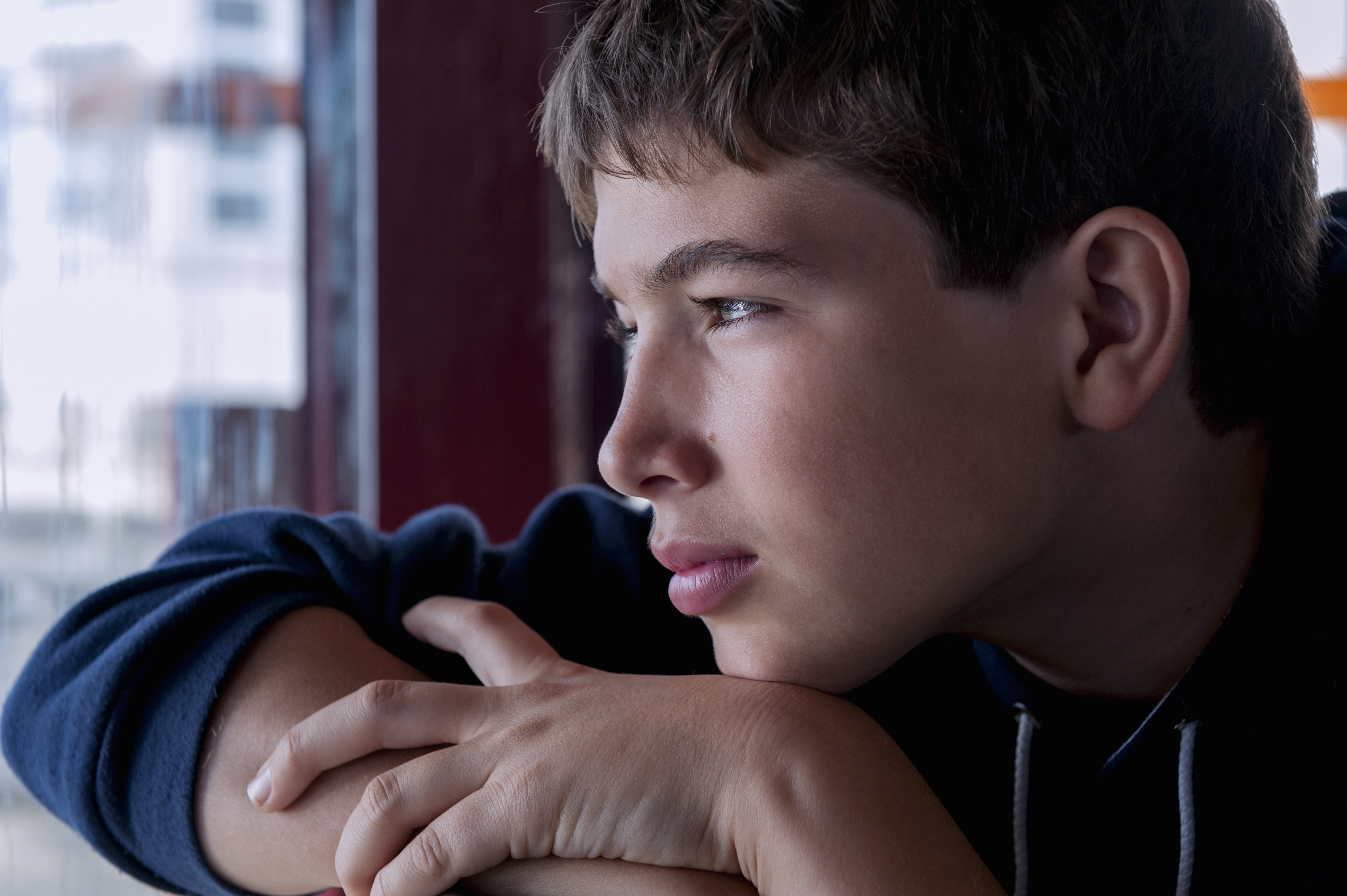Around 80% of teenagers are not getting enough quality sleep.
Teenagers are spending less time outside exercising than any generation before them.
Much of that time is being spent in front of computer screens, which impacts negatively on a their ability to sleep. Scientific research shows that TVs and computers should be kept out of all bedrooms, as the blue light from these electronic devices is known to disturb our ability to get to sleep.
We know from an ever-increasing body of research that good sleep helps with memory, learning, stress and anxiety, growth and general health.
To help our teenagers reach their best potential and for them to lead healthy and happy lives, the best thing we can do for them is to improve their sleep.
A 16-year-old should be getting on average 9 to 10 hours sleep every night.
Teenagers have a shift in melatonin release patterns which leads them to stay up late and lie in in the morning.
Being a teenager and getting enough sleep is difficult enough with the pressures of homework, social lives and computer time – but teenagers have the added burden of biological changes that take place in puberty keeping them from being able to fall asleep as early as when they were younger. A recent study measured the presence of the sleep-promoting hormone melatonin in teenagers’ saliva at different times of the day.
Note
They learned that the melatonin levels rise later at night in teenagers than they do in children and adults and remain at a higher level later in the morning. So getting off to sleep at bedtime and getting up in time the morning for school goes against their natural sleep patterns.
So how can we work with those developmental changes rather than against them?
Teenagers naturally fall asleep and wake later in the day.
You might find it frustrating that your 13-year-old turns the alarm clock off in the morning to try and glean an extra half an hour sleep – leaving them seconds to get ready before they rush out the door, but remember that most teens’ natural sleep cycle puts them in conflict with school start times.
So how can you help your teen get the sleep they need without experiencing conflict?
Some simple suggestions:
Make their room a sleep heaven.
Keep it cool, quiet and dark. If you need to get eyeshades or blackout curtains. Let in bright light in the morning to signal to the body to wake up and suppress the sleep hormone, melatonin. No pills, vitamins or drinks can replace good sleep.
Avoid caffeine and other stimulants
Consuming caffeine can disrupt sleep, so avoid coffee, tea, fizzy drinks and chocolate late in the day so your teenager can get to sleep at night. Nicotine and alcohol will also interfere with sleep.
- Establish a bed and wake-time and stick to it in the week. At weekends let your teenager sleep on longer than 2 to 3 hours later than his usual weekday wakeup time. A consistent sleep schedule will help him feel less tired since it allows his body to keep in sync with its natural patterns.
- Your teenager will find that it’s easier to fall asleep at bedtime when he has a regular sleep/wake pattern.
- Encourage more exercise in the day. Think of alternative types of exercise such as yoga. Think outside the box and consider meditation with your child. This has been proven to improve the length and quality of sleep.
- Make sleep a lifestyle priority for the whole family, so you act as a good example to your teen.
- Don’t eat, drink, or exercise within a few hours of bedtime.
- Don’t leave homework for the last minute.
- Try to avoid the TV, computer and telephone in the hour before bed.
- Negotiate when to turn off bright screens and mobiles
- Stick to quiet, calm activities, and cut out late-night phone chats.
- Avoid arguing with teens before bedtime.
- You may have relinquished control over bedtime, but you do need to be vigilant about bedtime.
- Do the same things every night before sleep, it teaches the body the signals that it’s time for bed.
- Have a relaxing bath (this will leave extra time in the morning), and encourage them to read a book before lights out.
- Try suggesting they keep a diary or to-do lists. Jotting down notes before sleep, means they’ll be less likely to stay awake worrying or stressing.
- Don’t use bedtime as a time to discuss concerns or worries.
- Help children understand why they need more sleep. Research has shown the more they understand about sleep, the more sleep they will have. It’s vital that they understand sleep is not a waste of their time, it’s as important as breathing and eating!
- And as an added bonus – sleep WILL improve their appearance!!
Note that children and teenagers taking ADHD medication (usually amphetamines) may have the side-effect of sleeping badly. If you are concerned about your child’s reaction to ADHD medication, please talk to your paediatrician urgently. Many children prescribed these medications do not need them. See our article on ADHD and sleep.
DISCLAIMER
This article is for information only and should not be used for the diagnosis or treatment of medical conditions. Essential Parent has used all reasonable care in compiling the information from leading experts and institutions but makes no warranty as to its accuracy. Consult a doctor or other health care professional for diagnosis and treatment of medical conditions. For details
click here.
